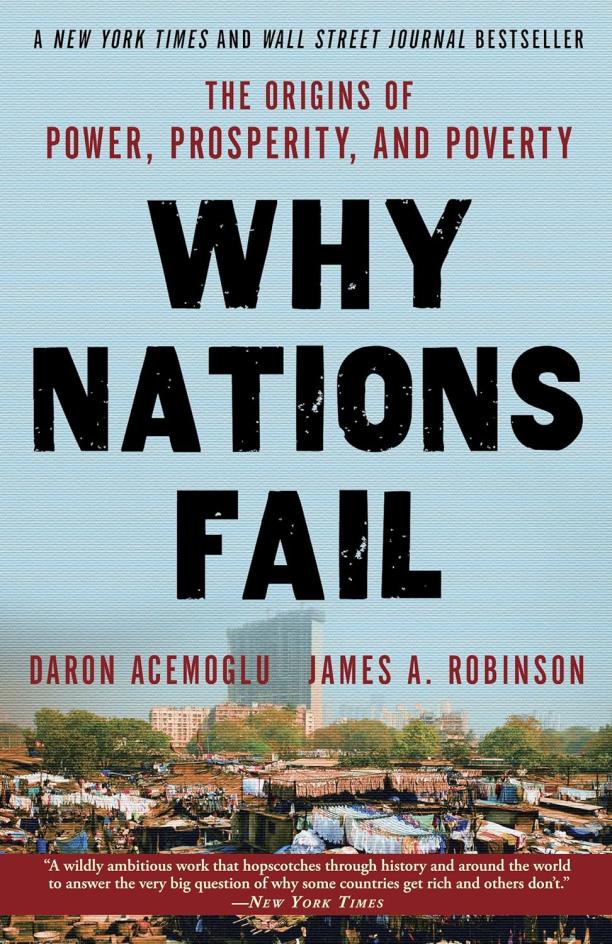Summary:
The book argues that political and economic institutions, either inclusive or extractive, determine the success or failure of nations, with inclusive institutions fostering prosperity and democratic norms, while extractive ones lead to poverty and authoritarianism. It provides historical and contemporary examples from around the world to illustrate how the nature of institutions impacts national outcomes.
Key points:
1. Institutions: Nations' wealth or poverty is determined by their institutions, which can be inclusive (promoting equality and growth) or extractive (benefiting elites at others' expense).
Books similar to "Why Nations Fail":
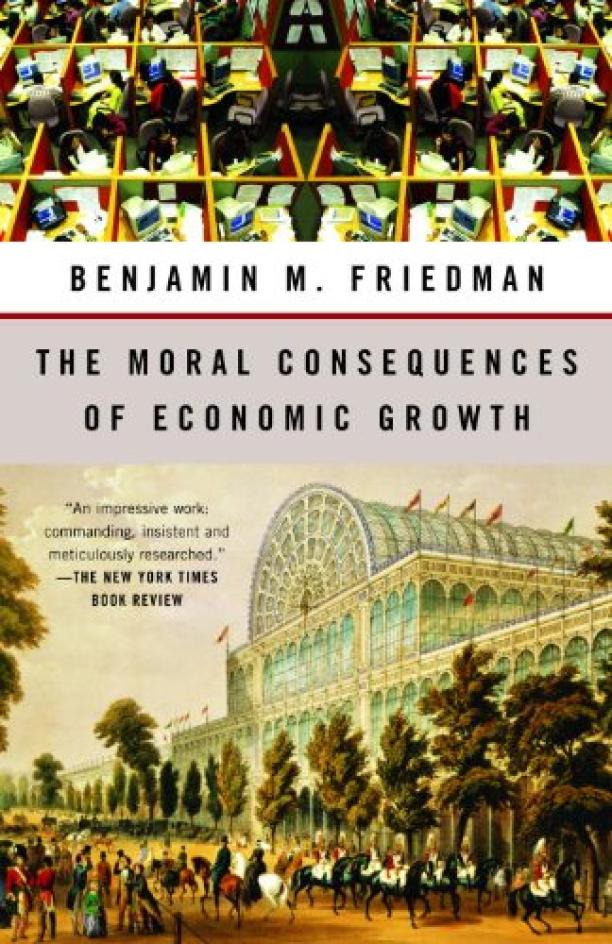
The Moral Consequences of Economic Growth
Benjamin M. Friedman
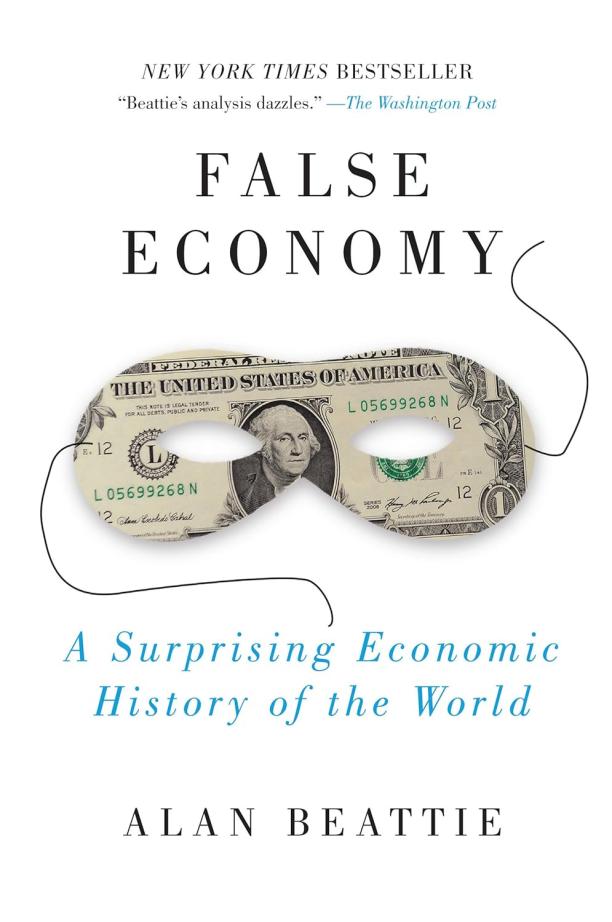
False Economy
Alan Beattie
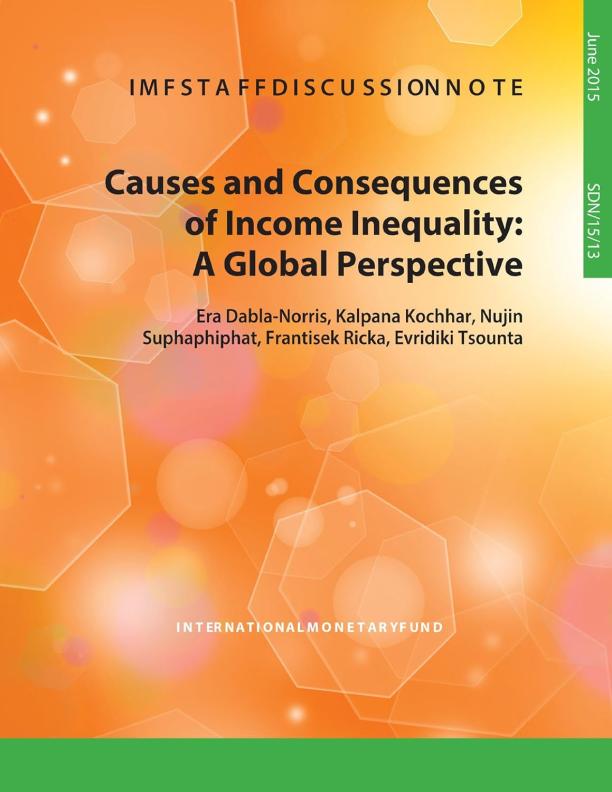
Causes and Consequences of Income Inequality
Era Dabla-Norris|Kalpana Kochhar|Nujin Suphaphiphat
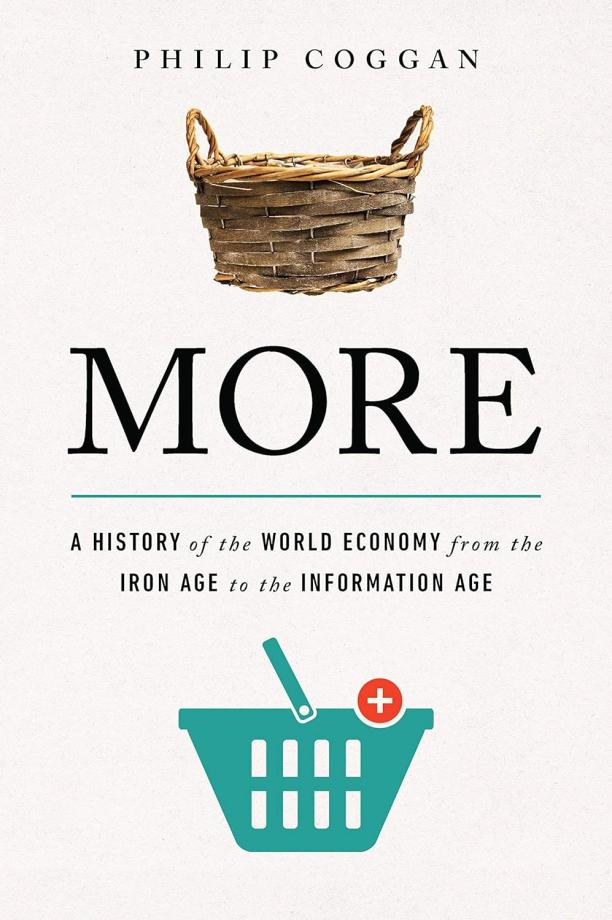
More
Philip Coggan
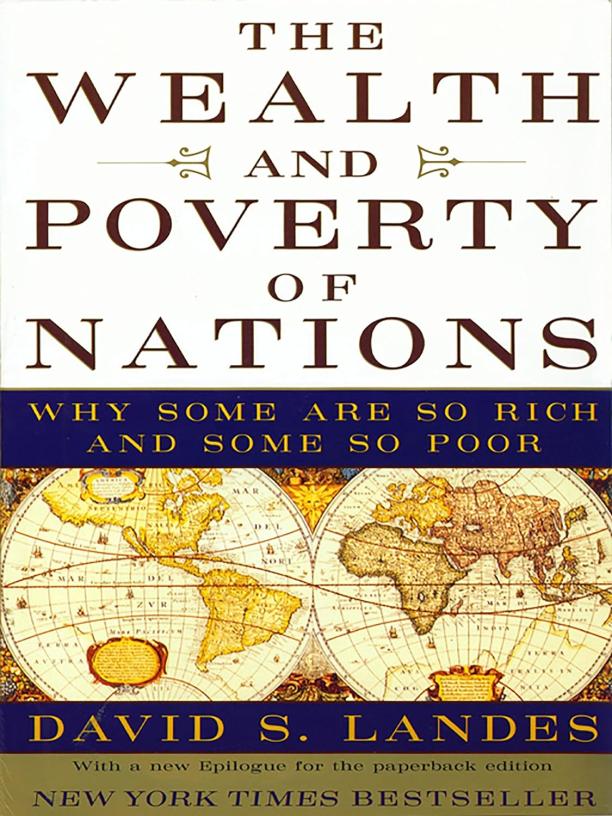
The Wealth and Poverty of Nations
David S. Landes
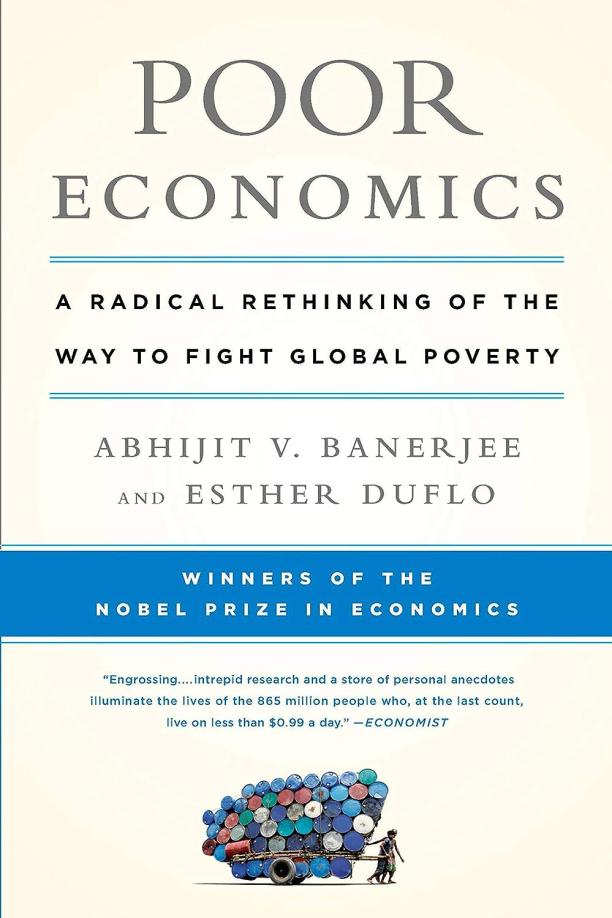
Poor Economics
Abhijit V. Banerjee|Esther Duflo
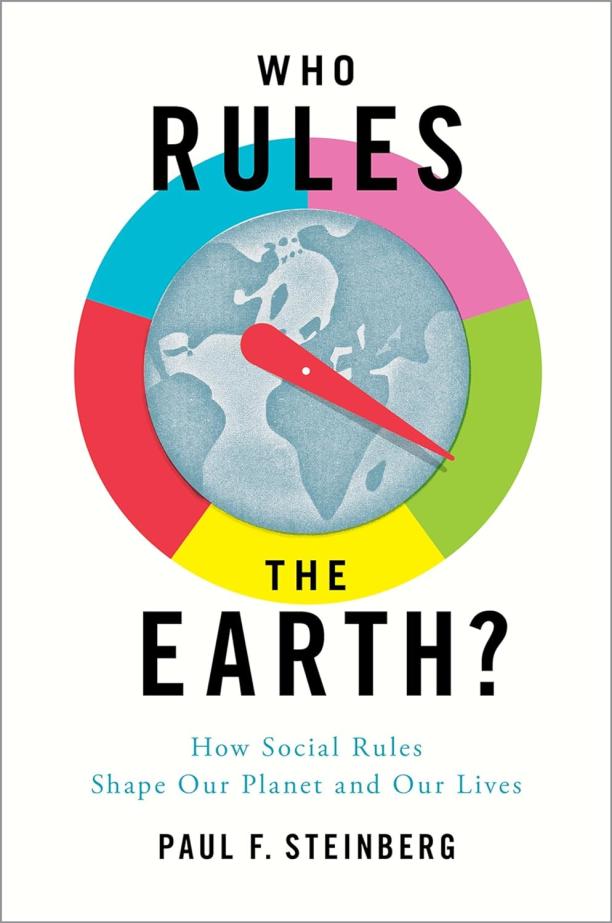
Who Rules the Earth?
Paul F. Steinberg
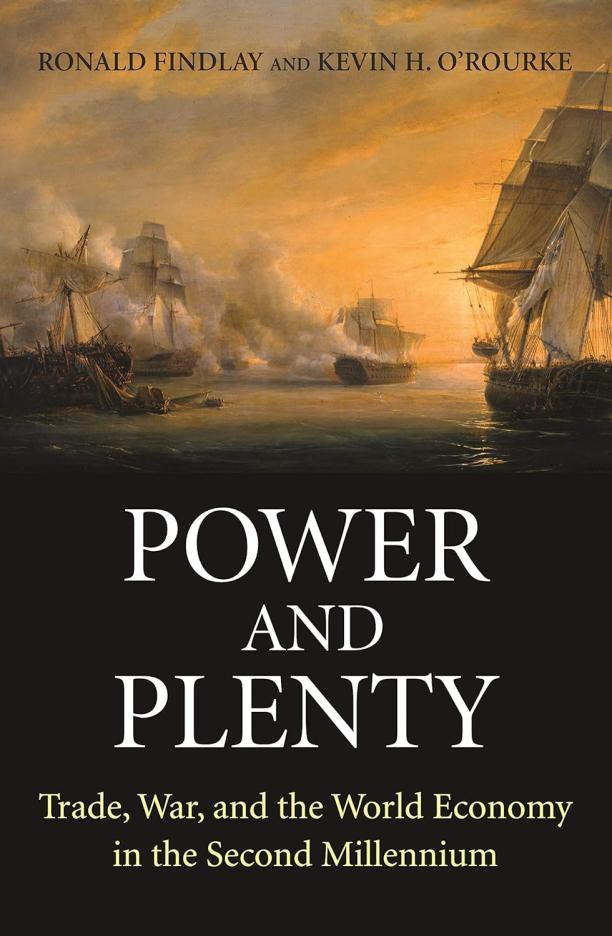
Power and Plenty
Ronald Findlay|Kevin H. O'Rourke
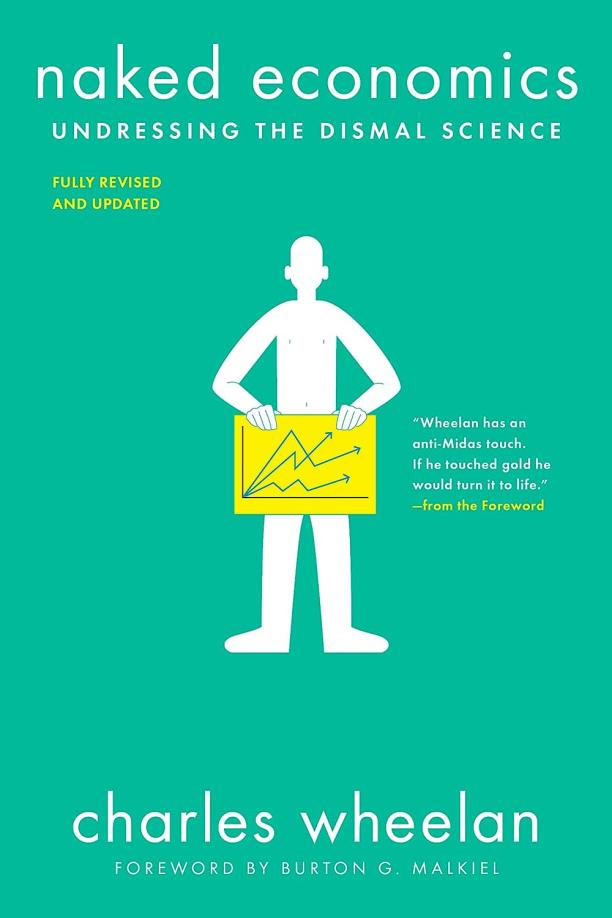
Naked Economics
Charles J. Wheelan
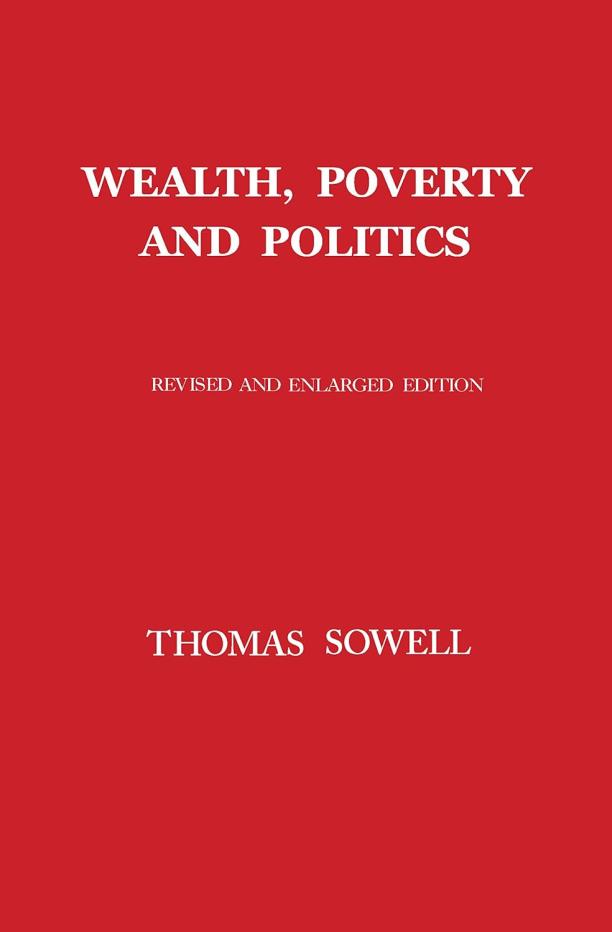
Wealth, Poverty and Politics
Thomas Sowell
